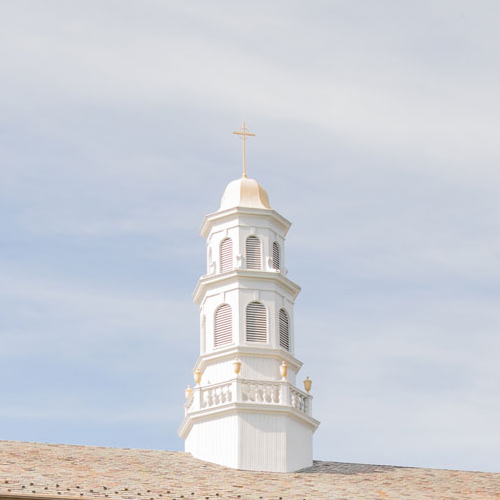Page or File Not Found

The requested page or file was not found.
Following are are some suggestions for finding the information you are looking for:
- Use the site keyword search form at the top of the page. Click or tap the magnifying glass to reveal the search form.
- Use the navigation at the top of this page to explore our website.
- If you are a current or prospective student looking for information on undergraduate and graduate programs, degrees, and certificates, you may find the page or file you're looking for in the Academics section of our website or by using our Program Finder.
- If you are a current student looking for information about services such as housing, dining, and the bookstore, you may find the page or file you're looking for in the Student Life section of our website.
- If you are a prospective student or parent looking for information and resources about admissions and financial aid, you may find the page or file you're looking for in the Admissions & Aid section of our website.
- If you are looking for an article or a press release, you can access our News page.
- If you are looking for events and happenings on and around the Molloy University campus, you can access our Events page.